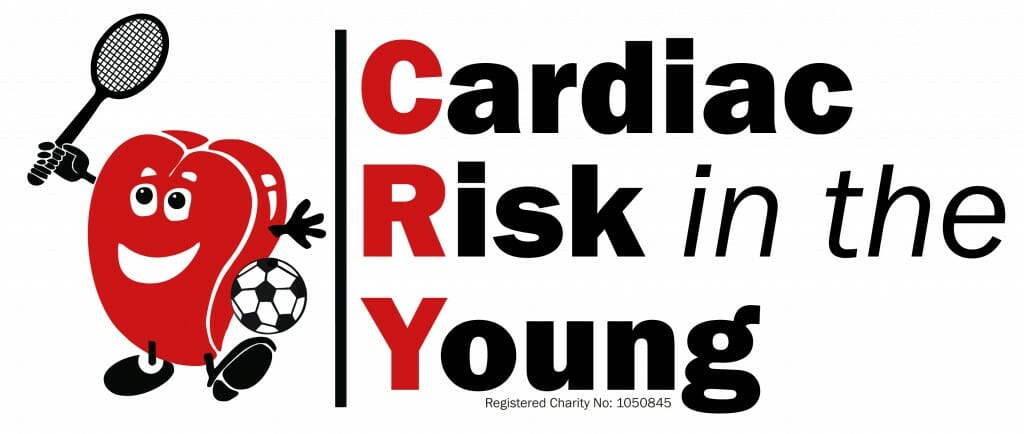Living with suspected arrhythmogenic right ventricular cardiomyopathy (ARVC)
In February 2008 I was out running with a friend. It was bitterly cold and I had not run over the Christmas period so this run was my attempt to ‘get back into it’!
I had always been fairly healthy, played football all my life (and rugby at University) but at the age of 29 I had kind of fallen out of fitness, so a run once a week was my small way of keeping fit.
Anyway, after 20 minutes of the run I felt dizzy and before I knew it, collapsed. After coming round, within minutes I passed out again, so my friend rang for an ambulance. It arrived within 10 minutes and I felt a little embarrassed by what I felt was a bit of a fuss.
On entering the Ambulance they took an ECG and my heart was beating at around 150bpm. They were a little worried as I had stopped exercising about 15 minutes before. Within minutes I was finding it hard to catch my breath and was rushed to hospital.
What I did not know at the time was that my heart had gone into ventricular tachycardia and was accelerating into a life threatening arrhythmia. On arriving at the hospital I was taken through A&E and ‘shocked’ (defibrillated) whilst still awake, to correct the arrhythmia. My heart had apparently almost reached 300bpm.
After the initial overnight observation and resulting stay in the hospital I was transferred to St Thomas’ Hospital in London for further tests. Its funny to reflect on this time, as the night I collapsed was the night before I was due to have a joint birthday party with a friend – all I was preoccupied about was whether I would be OK to go to that!
After a MRI, EP studies and consultation between the cardiologists they advised I have an implantable cardioverter defibrillator (ICD) fitted as they could not rule out the risk that I could be in for further arrhythmias. The doctors feel that I may have the condition known as ARVC and the ICD would act as the ultimate safety net. On receiving the news I was shattered. Though it had been inferred all week it was to be the most likely outcome, it still shocked me as I felt like my life had been altered forever.
So I had my ICD fitted the day after my 30th birthday. Once over my first few weeks of recuperating life pretty much got back to normal. Bike riding and lots of walking were my attempts back to ‘normal’ life. I have since qualified as a teacher and begun teaching in September 2008.
All seemed well until I received my first ‘shock’ from my internal ‘safety net’! I was playing 5 a side football – so was really pushing my heart to its limits perhaps.
It is odd that I have never had a single heart complaint in my life but suddenly this year it seems there is a real problem. However, it is comforting to find out (from sites like this, or being in hospital itself) that there are others out there who have had similar experiences – and like I try to think when reflecting on this: at least I am alive and typing this!
